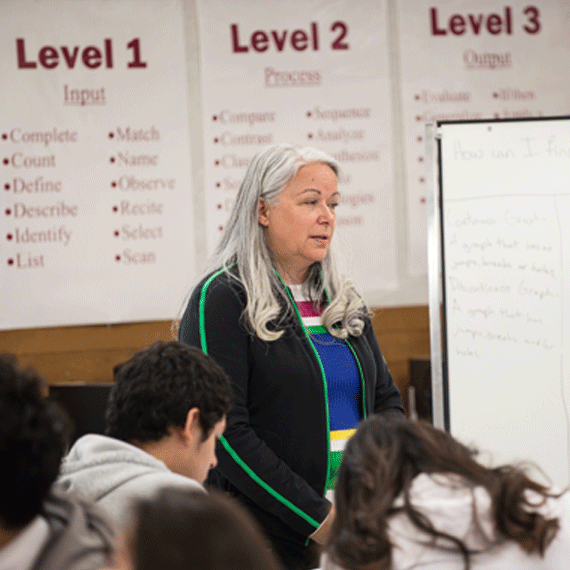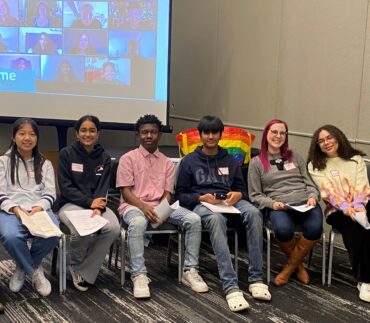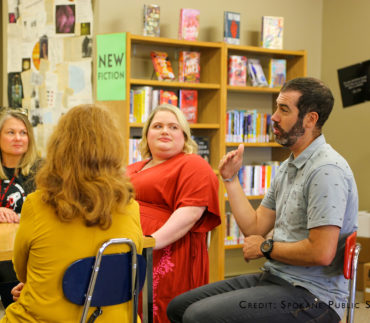
White Salmon Valley School District and the Rural Alliance Receive $250,000 to Build Educational Justice
What do rural communities really need to help students realize their full potential?
In the real world, there is no level playing field. Organizations have different levels of capacity for grantwriting. Some organizations have whole entire teams of grant writers while others, especially small organizations serving rural communities, have a part-time staff person to write proposals and deliver programs. The grant application process rewards whoever writes the most articulate grants, not which communities are most affected by injustice and therefore need the most support. To challenge this, College Spark established the Small Districts Fund in October 2019 with the goal of providing low-barrier, flexible funding to address rural needs without undue administrative burden.
White Salmon Valley School District Receives $20,000 Grant
White Salmon Valley School District will use funds to establish an AVID program and College in the High School program at Columbia High School. White Salmon Valley School District serves students who are 60% white, 35% Latino, and 5% Black, Asian, Native, or multiracial. The district has chosen to establish an AVID program due to its demonstrated success in narrowing opportunity gaps with school-wide implementation. College in the High School programs offer some of the most accessible dual credit opportunities, as students can access college credit-bearing courses at their own campus. Grant funds will be used to purchase the AVID curriculum and provide professional development to teachers in implementing AVID. Additionally, grant funds will be used to pay 10 teachers in four subject areas to engage in curriculum development and course approval through Columbia Gorge Community College, an Oregon college that is the post-secondary institution located nearest to this district.


Rural Alliance Receives $230,000
In June 2021, a group of Rural Alliance Superintendents met to discuss areas of collaboration. A subgroup of Superintendents formed to focus on improved Latino parent engagement and strengths-based efforts at increasing Latino enrollment in postsecondary programs. The Rural Alliance will use grant funding to support five rural districts (Cascade, Manson, Soap Lake, Tonasket, and Waterville) to begin implementing the family engagement practices they identified through parent and community organization focus groups. Plans for increased community outreach include hosting four annual events in each district centered on post-secondary access topics selected by parents, hosting family engagement dinners with student arts performances and student-led discussion of post-secondary access topics, and college visits for students and families.
Each district will form a team comprised of its high school principal, counselor, one or more ELL teachers, and additional classroom teachers to conduct a needs assessment, planning, and delivery of professional development in cultural responsiveness, parent engagement, data use, and improvements to ELL program effectiveness. The Rural Alliance will coordinate project activities across districts, host monthly Superintendent collaboration meetings, and provide two annual multi-district convenings focused on improved engagement with Latino families.



